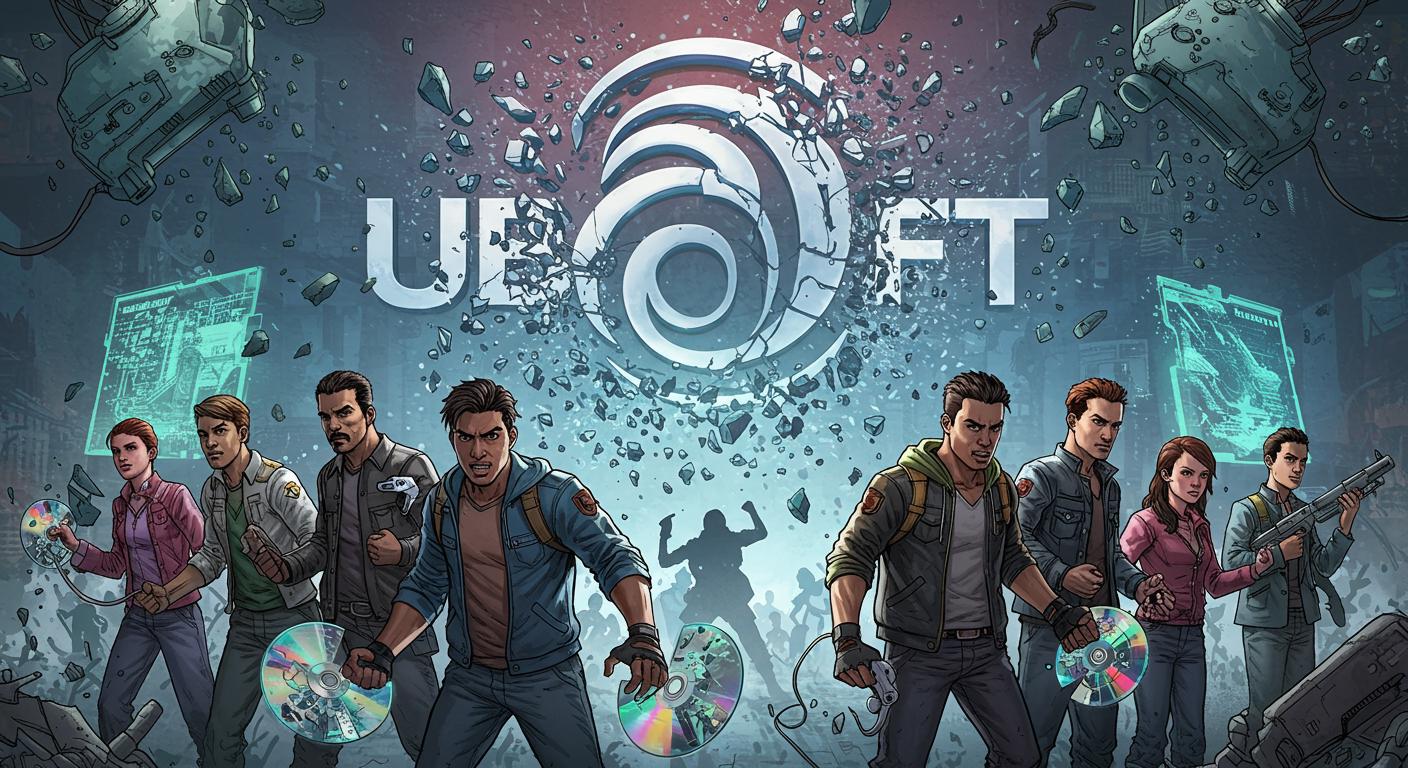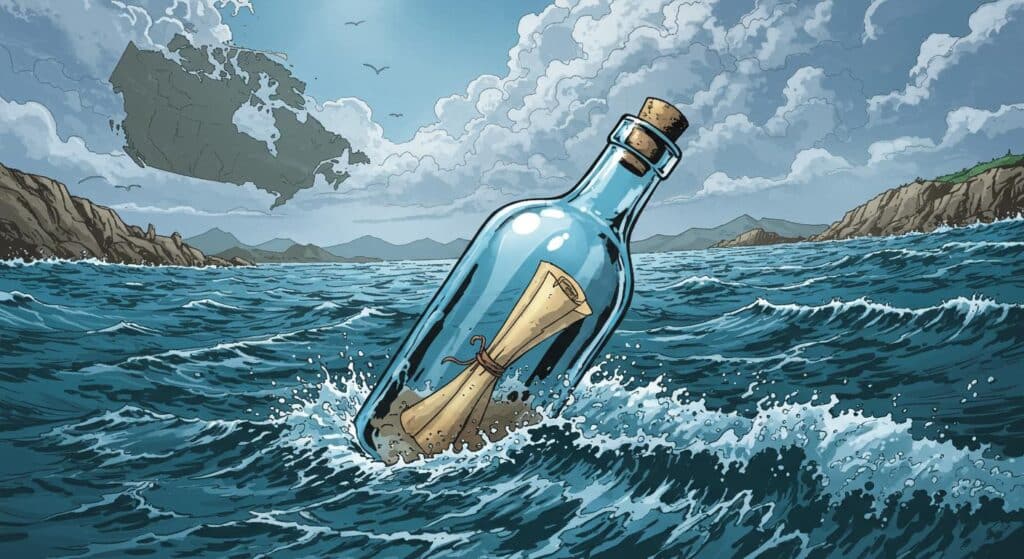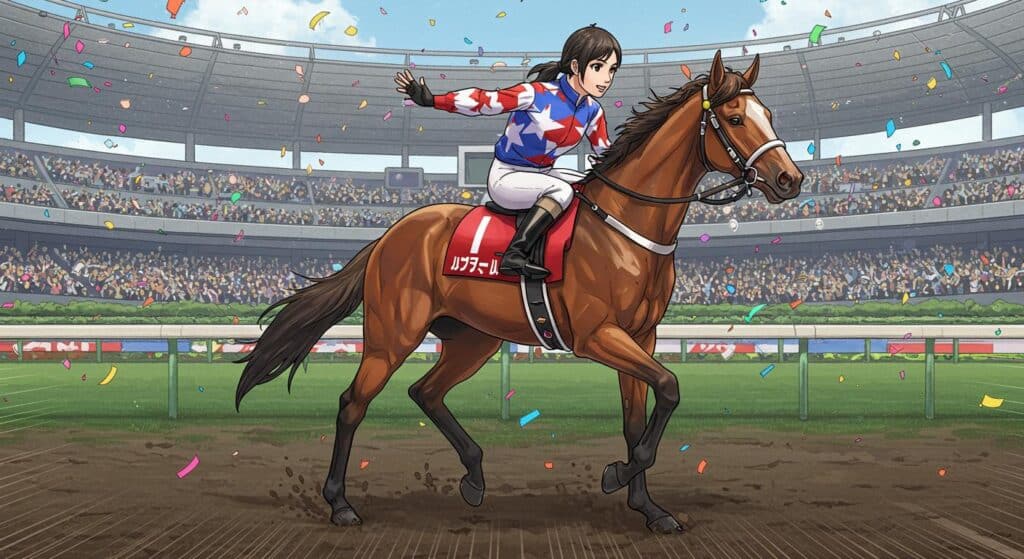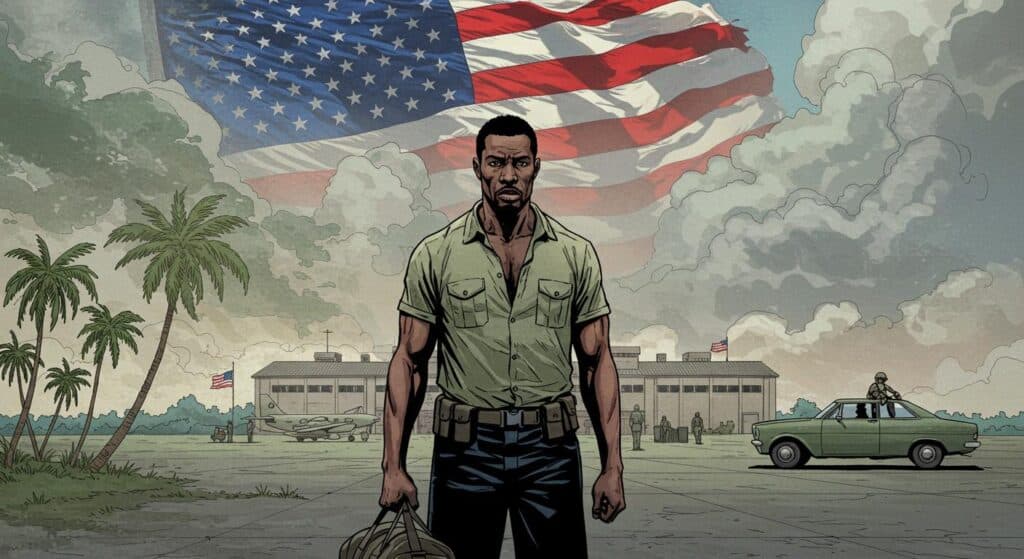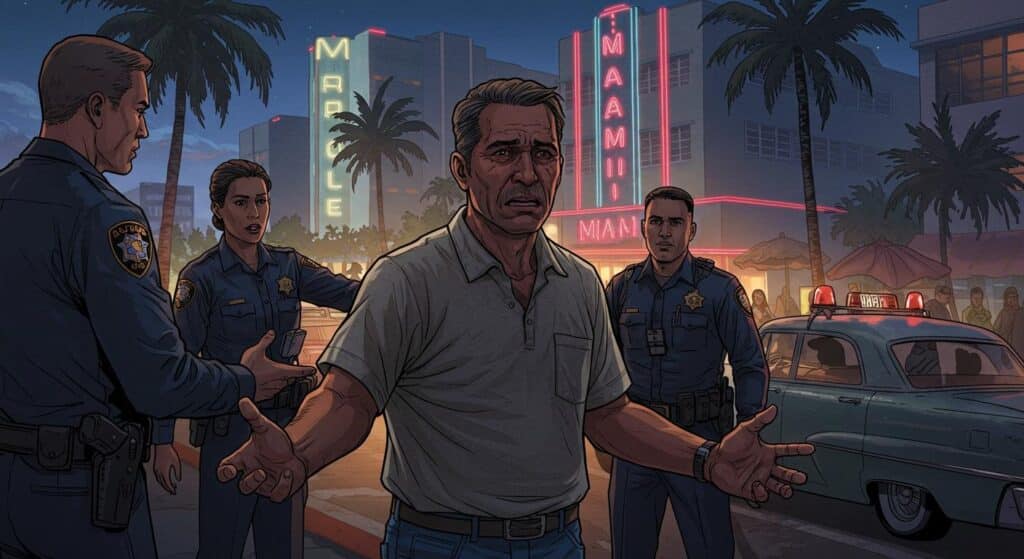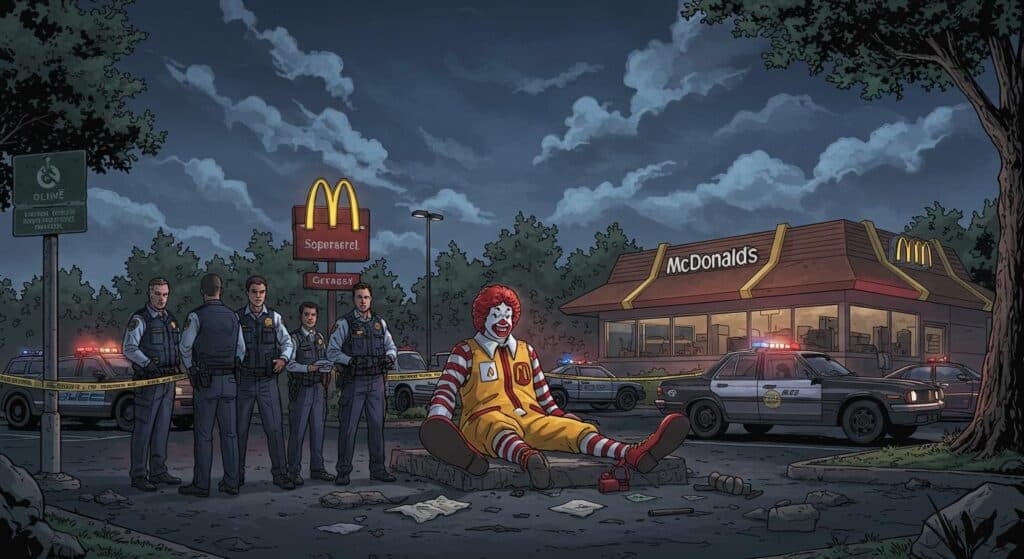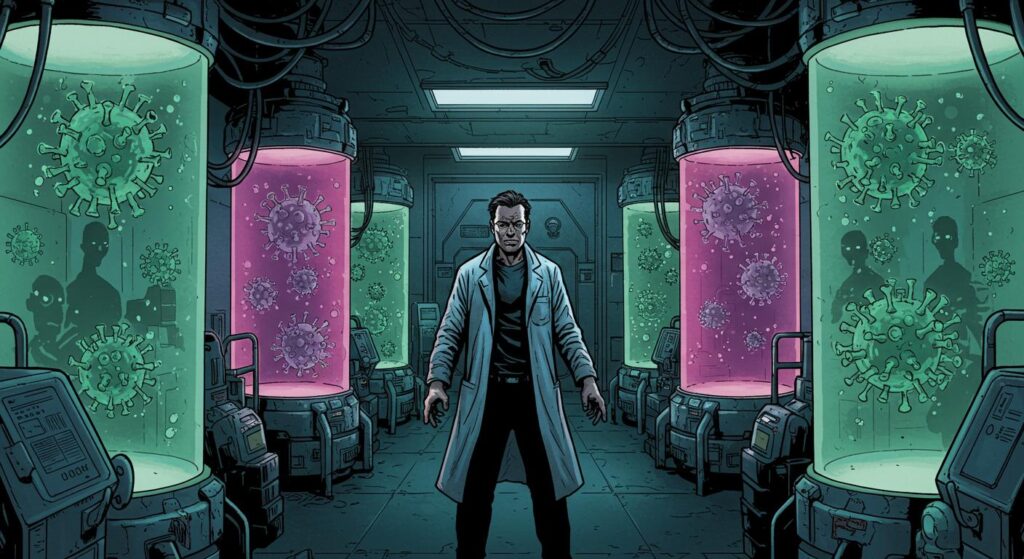If you ever needed a more literal example of the phrase “license to play,” Ubisoft has delivered—and with an almost polite finality that makes the absurdity all the richer. Over the past week, the gaming giant quietly updated its End User License Agreement (EULA). The new syllabus for responsible digital stewardship? When Ubisoft ends support for a game, you—the loyal player—are expected to uninstall it and “destroy all copies” in your possession. An odd etiquette for ownership, if you ask me.
The New Game of “Digital Self-Destruct”
The full policy, as not-so-gently dissected by Tech4Gamers, makes it official: Ubisoft or its licensors can terminate the EULA “at any time, for any reason.” Should this happen, the EULA advises players that they “must immediately uninstall the Product and destroy all copies of the Product in your possession.” In case you missed the point, that’s Ubisoft telling you to nuke your own collection, physical or digital, if they flick the “off” switch.
Described in Gamepressure, this requirement covers not only downloaded files but also physical discs and any other lingering reminders of your purchase. The outlet notes that you aren’t really buying games in the traditional sense anymore, a reality underscored by Ubisoft’s legal phrasing.
Is this Ubisoft’s way of spring cleaning their digital shelves? Or just a full embrace of post-ownership culture, where you get to borrow a feeling—or, in this case, a game—until it’s time for the digital bonfire?
Reading EULAs So You Don’t Have To
Of course, EULAs are those lengthy documents we collectively agree to after a haze of scrolling and clicking “Accept.” Somewhere after the bit about not reverse engineering the code and just before the all-too-familiar “we can change these terms whenever we want,” lives this bold request. Not just to uninstall, but to actively destroy every trace—files, discs, memories (probably best not to mention fanfiction).
As Dexerto explains, Ubisoft’s new language isn’t an industry first. Capcom, Sega, and even titles like Oblivion Remastered feature similar demands in their agreements. Ubisoft’s change just happens to land at a time when players are acutely aware of what’s at stake.
“Stop Killing Games”—A Movement Grows
This EULA revision collides with the surging Stop Killing Games campaign. According to Notebookcheck, this movement gained steam after Ubisoft’s closure of servers for The Crew in 2024. The action left digital owners with nothing more than an inaccessible icon and a set of instructions to erase all evidence of their former pastime. Notebookcheck also highlights that over one million signatures have been gathered in support of preserving game access, a statistic echoed across Dexerto and Gamepressure.
The campaign’s ask is simple: publishers should make their games playable even after official support ends. Their biggest grievance with Ubisoft stems from the publisher’s refusal to support third-party servers or tools, despite community interest in keeping old favorites alive. In a detail highlighted by Notebookcheck, the Video Games Europe trade association—representing major publishers, Ubisoft included—insists only official servers can keep players safe and publishers protected from litigation, brushing aside the community’s solution.
Who Owns Your Games? (Spoiler: Not You)
Gamepressure also points out the underlying reality: purchasing a Ubisoft game is buying a revocable license at best. The terms for this license can be updated at Ubisoft’s discretion—without prior notice. You’re required to periodically check up on these terms and, should you disagree, must uninstall and destroy all your copies. Gamepressure further references community reactions from Reddit, where players voice their disappointment and skepticism over Ubisoft’s trajectory—often wondering why the publisher keeps compounding its PR woes.
Tech4Gamers details how Ubisoft’s latest move arrives after a string of underperforming releases, layoffs, and organizational shifts, including the formation of a new subsidiary with Tencent in hopes of stabilizing future prospects. Ubisoft seems, at the very least, undeterred by public outcry—perhaps even emboldened by the industry-wide “just a license” logic.
Reflection: The Melancholy Joy of Disappearing Games
There’s rich irony in all this digital destruction. In the field of library science, the urge to preserve is a reflex. History is full of vanished works—books, films, software—lost to time because no one thought they mattered. Today, deletion is a corporate policy, and preservation is something you apparently have to do quietly, against the rules.
So the next time you buy a game, you might consider the unglamorous fate that could await it—a place not on your shelf, but in the memory hole, erased because a lawyer said so. You have to wonder: Did anyone at Ubisoft imagine their EULA being interpreted as performance art? Or is this really just another reminder of who’s steering the ship in the digital age?
In the end, Ubisoft’s request is a strange kind of politeness, a velvet-gloved demand. You bought the game, but you don’t own the art, the story, or even the files. What you do have is permission—granted and, at a moment’s notice, revoked. Does anyone else feel an odd kinship with the librarians of Alexandria, watching shelves empty not from fire, but from a quietly worded legal memo?

